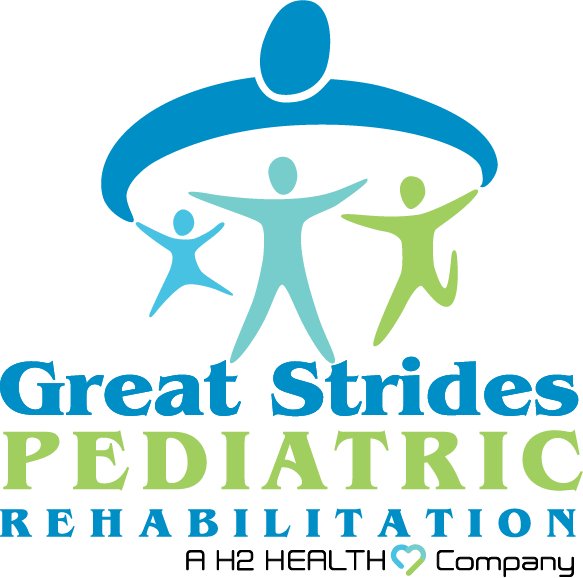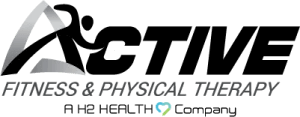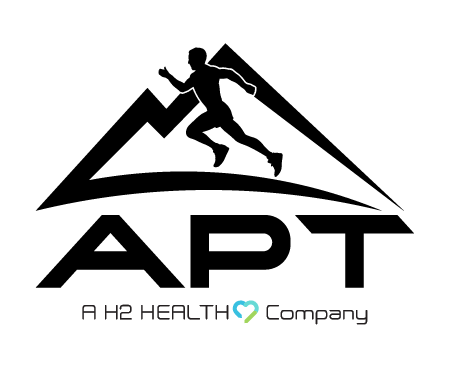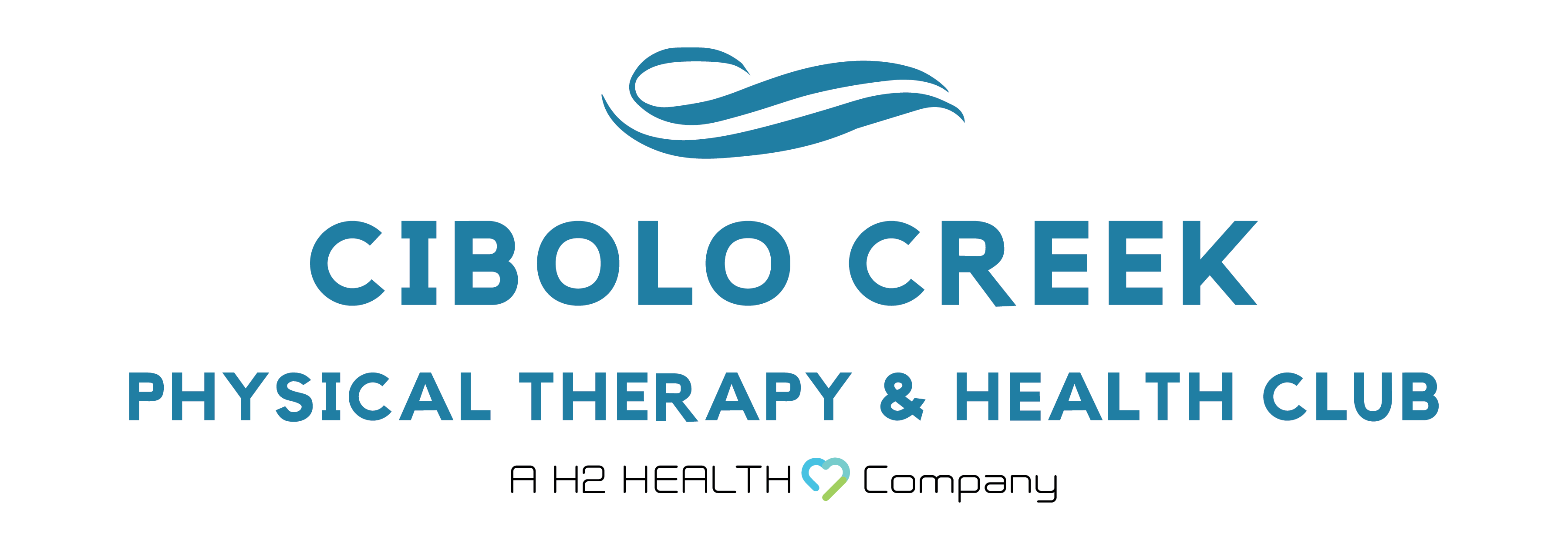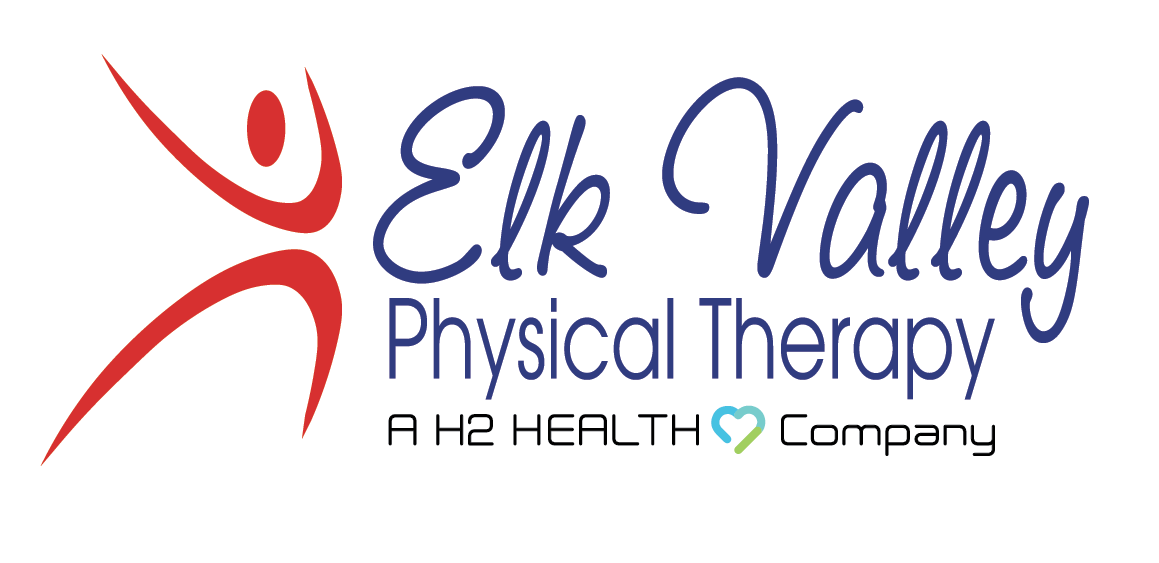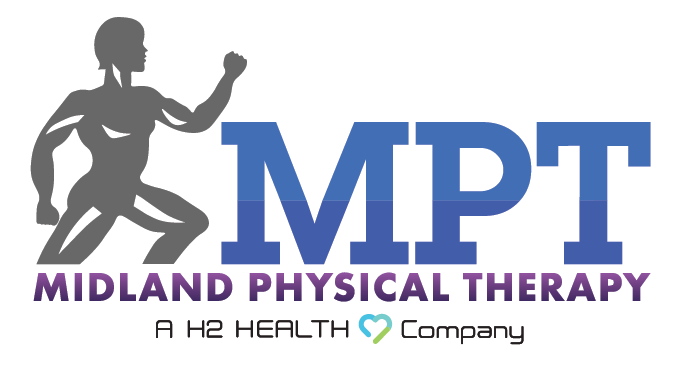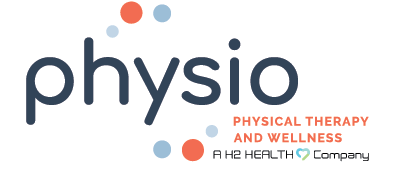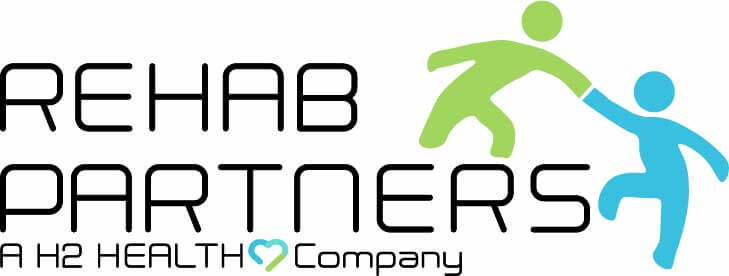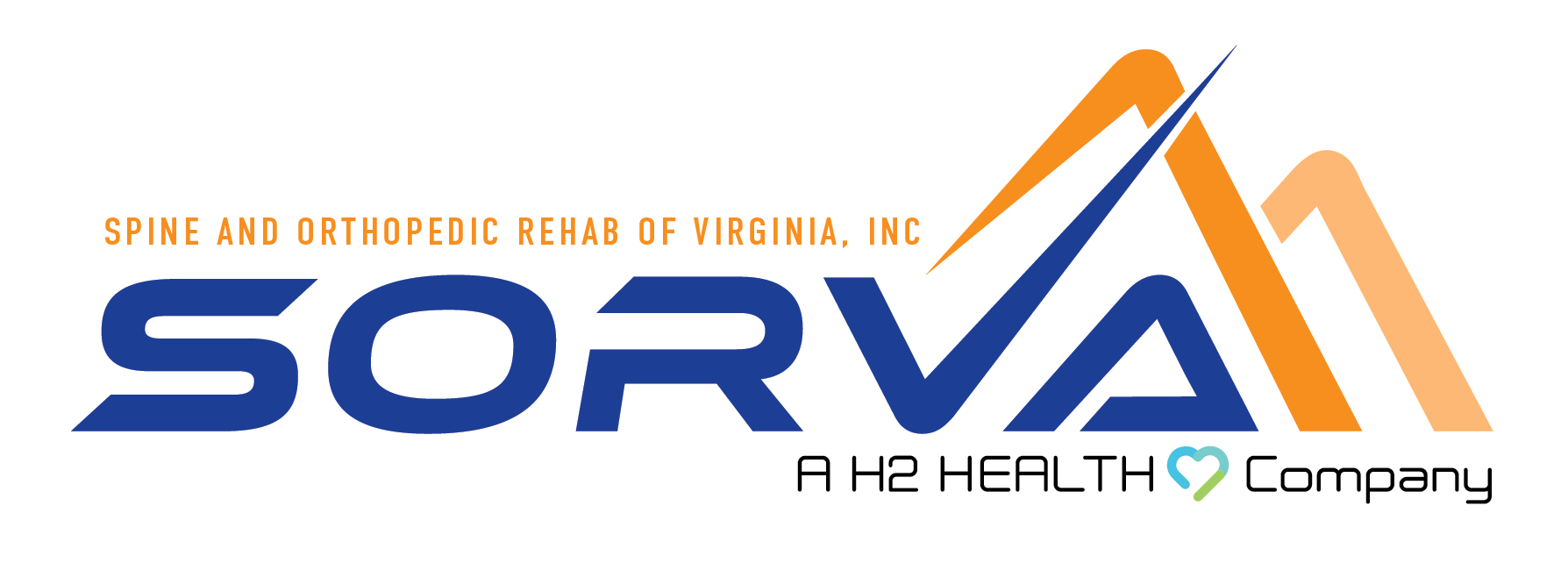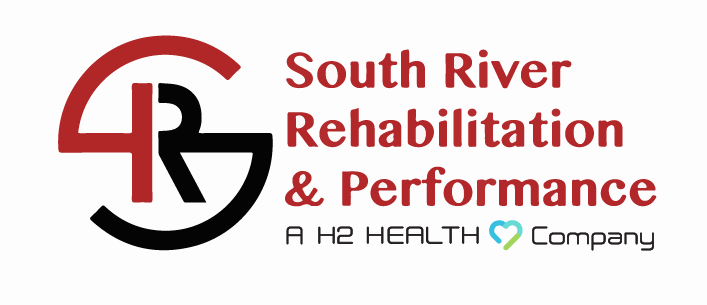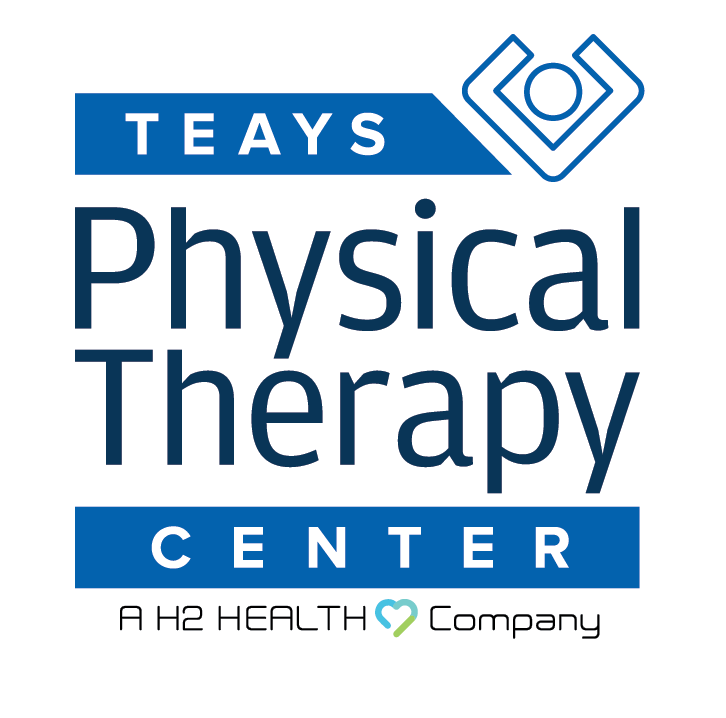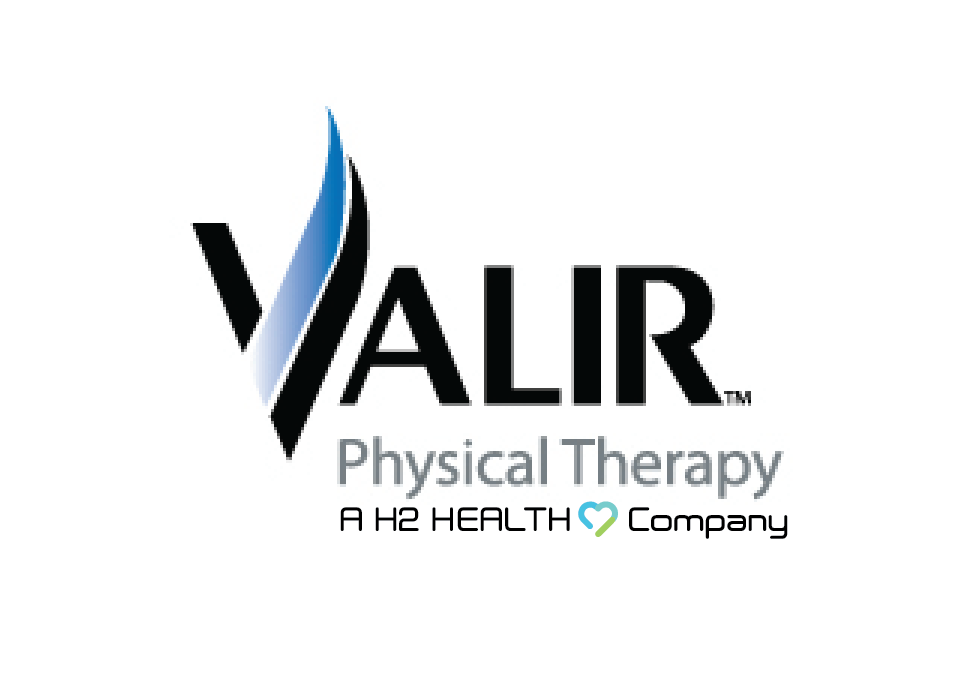
Injuries can be frustrating, especially for athletes and active individuals. One common injury that affects many people is a rotator cuff tear. This injury of the shoulder can make everyday tasks difficult and painful. But don not worry, there is a solution – physical therapy.
In this blog post, we will talk about rotator cuff tears and explain why seeing a physical therapist is essential for effective rotator cuff tear treatment.
What is a Rotator Cuff Tear?
A rotator cuff tear refers to when one or more of the muscles and tendons surrounding the shoulder joint get torn. These muscles help lift and rotate your arm.
When they are damaged, it can cause pain and weakness. Rotator cuff tears are common among athletes, especially those who play sports that require repetitive shoulder movements like baseball or swimming.
Symptoms of a Rotator Cuff Tear
Common symptoms that can indicate the need for rotator cuff tear treatment include:
- Pain: You might feel a dull ache in your shoulder. The pain can worsen at night or when you move your arm.
- Weakness: It may be hard to lift or rotate your arm.
- Crackling Sensation: You might feel or hear a crackling sound when you move your shoulder.
Causes of Rotator Cuff Tears
Several factors can lead to a rotator cuff tear, such as:
- Injury: A sudden, sharp movement or heavy lifting can tear the rotator cuff.
- Wear and Tear: Repetitive movements over time can cause the tendons to wear down.
- Age: Older adults are more likely to experience a rotator cuff tear due to tendon degeneration.
Why Choose Physical Therapy for Rotator Cuff Tear Treatment?
When it comes to rotator cuff tear treatment, physical therapy is often recommended as the first line of defense. Here is why:
- Non-Invasive: Physical therapy is a treatment that does not require making any incisions.
- Better Movement: Exercises can help you move your affected shoulder more easily.
- Stronger Muscles: Specific exercises can make the muscles around your shoulder stronger, which helps support the shoulder and reduces pain.
How Physical Therapist Helps with Rotator Cuff Tear Treatment
Physical therapy is an important part of rotator cuff treatment. Physical therapists are experts in movement and can help you regain strength and mobility in your shoulder.
Here is how they do it:
Assessment
The first step is an assessment of the injured shoulder. Your physical therapist will look at your shoulder, see how well you can move it, and check for pain. They will also assess the grade of the rotator cuff tear. This helps them understand what kind of rotator cuff tear treatment you need.
Customized Treatment Plan
When you start rotator cuff treatment with physical therapy, the exercises will usually follow a step-by-step plan. Here is what that might look like:
Gentle Range of Motion Exercises
At first, you will do easy movements to help your shoulder move better. This might include using your arms to lift a wand or cane over your head.
Isometric Exercises
These exercises help your shoulder muscles get stronger without moving your joints too much. You will be practicing how to tighten your shoulder muscles to support your shoulder joint better.
Scapular Stabilization Exercises
These exercises focus on the muscles around your shoulder blade (scapula). Strengthening these muscles helps your shoulder, arm, and shoulder blade move smoothly together.
Shoulder Pulleys
These are tools that help you stretch and move your shoulder more easily. They can help improve your shoulder’s range of motion and flexibility.
Advanced Strengthening
Once your shoulder gets stronger, you will use dumbbells or resistance bands to make your shoulder muscles even stronger.
Benefits of Sticking with Physical Therapy
Following your physical therapy plan can have many long-term benefits:
- Less Pain: Regular therapy can make your shoulder hurt less.
- Better Movement: It will be easier to do daily activities and play sports.
- Lower Chance of Getting Hurt Again: Making your shoulder muscles stronger can help prevent future injuries.
Progress Tracking
Keeping track of your progress is important in physical therapy. Your therapist will watch how your movement, strength, and pain get better. They might change your exercises to ensure continuous progress.
Rotator Cuff Tear Treatment Near Me at H2 Health
If you have a rotator cuff tear, physical therapy can help you get better faster. At H2 Health, we provide personalized rehab services, including physical therapy and occupational therapy, to fit your needs. Our experienced therapists know how to treat rotator cuff injuries and can help you recover faster.
If you would like to learn more about rotator cuff tear treatments our therapists offer, call us at our H2 Health clinic near you or use our form to set up a consultation. We look forward to serving you!

